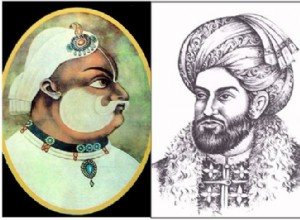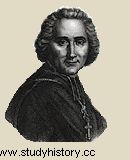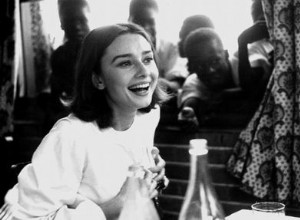Although Surajmal was looking after the work of Bharatpur state for the last 14 years, but on the death of Raja Badan Singh in AD 1756, Surajmal duly became the king of Bharatpur. He had the experience of participating in many wars and managing the state for a long time. The Mughal Empire had become




